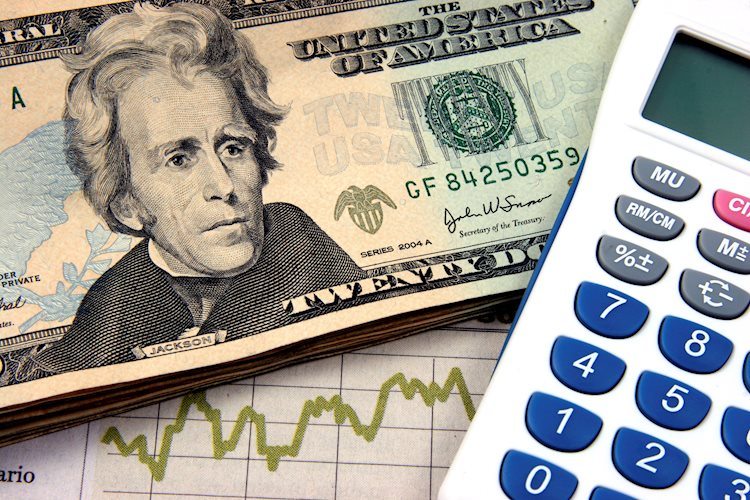© Reuters. FILE PHOTO: A logo of Turkey’s Central Bank is pictured at the entrance of its headquarters in Ankara, Turkey October 15, 2021. REUTERS/Cagla Gurdogan/File Photo
By Nevzat Devranoglu and Orhan Coskun
ANKARA (Reuters) – Turkey’s net foreign exchange reserves surged nearly $5 billion last week, with total reserves up almost $2 billion, bankers’ calculations showed on Wednesday, resuming an uptrend since it adopted a more orthodox monetary policy following May elections.
The rebuilding of the central bank’s currency buffer is seen as a gauge of authorities’ willingness to ease controls on the lira, which has tumbled 26% since President Tayyip Erdogan was re-elected but held firm in recent weeks.
The bank’s reserves slumped to minus $5.7 billion in early June, their lowest since data publication began in 2002, as authorities sought to counter forex demand and stabilise the lira over the election period.
They have since recovered strongly.
According to calculations by five bankers, obtained by Reuters, net reserves rose $4.9 billion to $15.8 billion last week, while total reserves climbed to $115.6 billion. The bank will announce official data at 2:30 p.m. (1130 GMT) on Thursday.
Under an unorthodox policy advocated by Erdogan, the central bank slashed its benchmark interest rate to 8.5% in February from 19% in 2021 despite high inflation, triggering a lira crisis.
But under new Governor Hafize Gaye Erkan, it has hiked the rate by 900 basis points in the last two months.
The recent uptrend in reserves reversed in the week to July 28, with net forex falling $2.8 billion to $10.89 billion.
Under measures introduced last year, the central bank boosted reserves by buying at least 40% of exporters’ forex income, amounting to around $100 billion annually. This was then sold by the bank to support the lira in a practice halted since the elections.
The central bank continues to get foreign exchange from tourism and a scheme to protect lira bank deposits from depreciation known as KKM.
“We are monitoring reserves to see that the exit from the state-controlled framework continues,” a senior banker said, adding the central bank is moving gradually and maintains a “decisive” regulatory role in forex markets.
The lira has held near 27.0 to the dollar in recent weeks, after a plunge.
A source close to the matter said there were no state interventions to maintain this level.
The central bank only intervenes “in cases of extreme volatility”, so reserves will continue to rise, the source said. It was leaning on KKM to help provide forex needed by exporters and banks.
Bankers said it would be important for the rise in reserves to continue in August, when some $45-50 billion in KKM redemptions are due.
The bank has paid an estimated 300 billion lira ($11 billion) to cover depreciation costs under the scheme in June and July, with the cost in August estimated at 350 billion lira.
The amount of money deposited in KKM accounts amounts to some $116.6 billion, or 3.1 trillion lira – around a quarter of total bank deposits.
($1 = 27.0260 liras)












